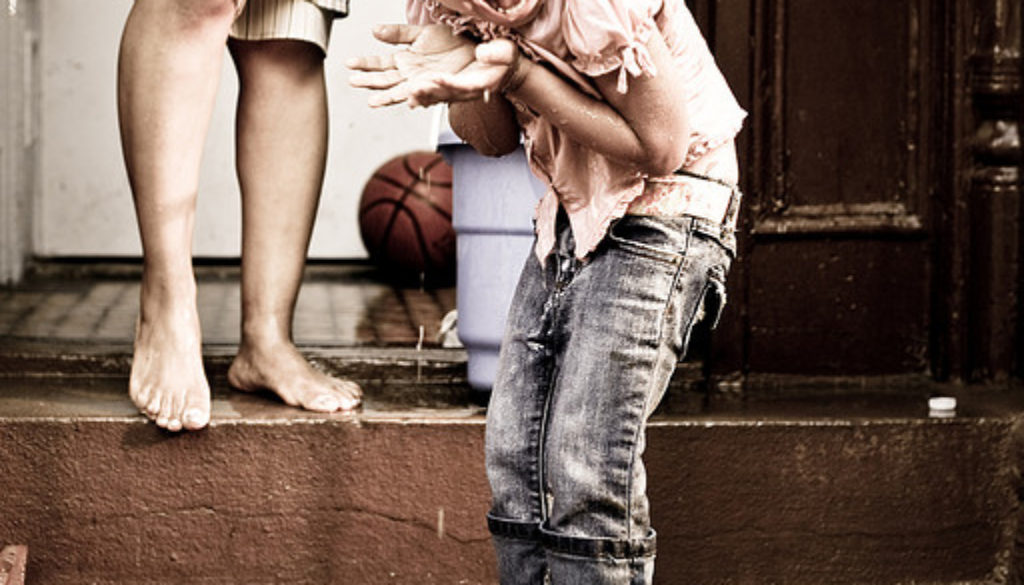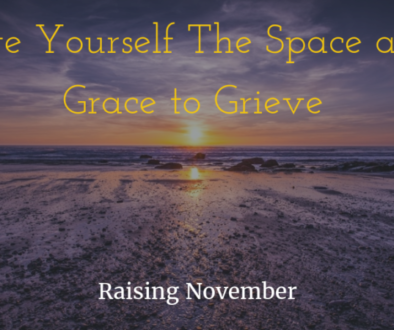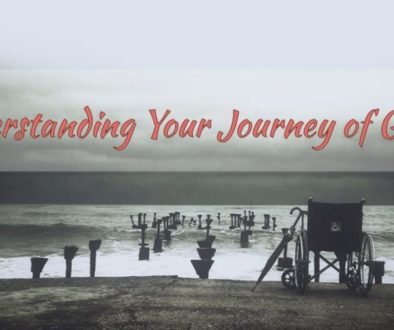What Stress Does to the Special Needs Family
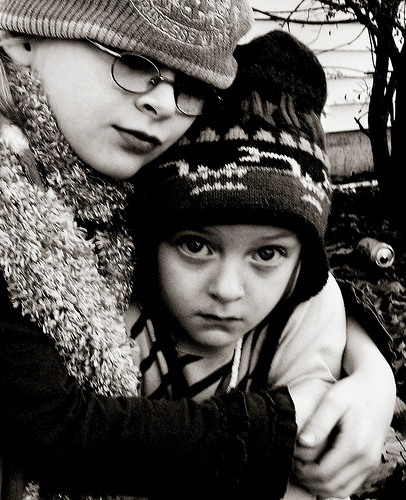 For anyone who doesn’t live with a child that has special needs, they may never fully understand what the stress is like. It’s taken me years to admit to myself, let alone anyone else, how very hard and very real the stress is.
For anyone who doesn’t live with a child that has special needs, they may never fully understand what the stress is like. It’s taken me years to admit to myself, let alone anyone else, how very hard and very real the stress is.
First of all, no parent gets a guide with their new baby. Sure, we can read all the “what to expect when you’re expecting” books that we want, but nothing can be as overwhelming as having a little squiggly pink puddle of flesh put in your arms. Then, come the questions.
- What’s the name?
- Breast feed or bottle?
- What kind of diapers?
- Organic or regular cotton?
Those are just the first few hours!
No one tells you.
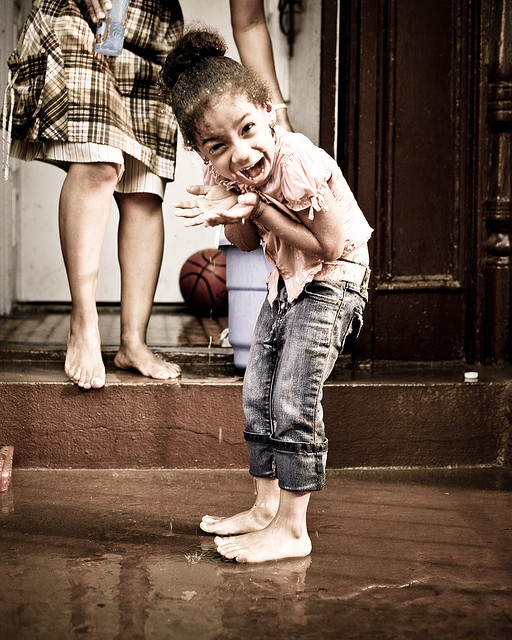 And, no matter how many books you’ve read, when your mama can’t tell you how to comfort your daughter after hours of screaming and crying (the baby, not you), then your anxiety level is likely through the roof. It’s nearly impossible to not think there is something wrong with you and your parenting skills (or lack thereof). Believe me, I have been there.
And, no matter how many books you’ve read, when your mama can’t tell you how to comfort your daughter after hours of screaming and crying (the baby, not you), then your anxiety level is likely through the roof. It’s nearly impossible to not think there is something wrong with you and your parenting skills (or lack thereof). Believe me, I have been there.
So, when you have a child with significant emotional or psychiatric diagnosis, all the books won’t prepare you, because you did not know it was coming. Regular books don’t tell you about autism or adhd. They tell you to check a diaper and feed your baby, maybe burb her, when she’s upset and won’t sleep. They don’t tell you who to call when your child hasn’t slept for 24 hours and is inconsolable.
They don’t tell you how to care for yourself either.
No one explains to you that you’ll probably have to make parenting exceptions that you never in a million years thought of, like making sure all the toys are on the bed with your child at bedtime, or that the cat can’t be in the same room while your child eats lunch or your child will go on a meltdown bender that lasts for 4 hours. (yes, these things do happen)
No one helps you explain these things to your family who sits in judgment and says things like “If I’d behaved that way, my dad woulda beat me with a belt!” But, they probably didn’t stop to think that you’ve tried every form of discipline on earth (and google) before recognizing that your daughter just can’t process the situation if it is not what she expected or needs.
No one tells you how to let go of the extreme tension that builds up inside your chest, neck, head or gut during those four hour meltdowns where you feel so guilty for not knowing how to help your child that you consider beating your head on the wall (and sometimes have).
There is no preparation for when your child fights back at the age of 8 or 11 or 12 by punching you in the gut or shoving you into the desk because they don’t want to go to school. Your councilors and special ed. teachers can’t tell you how to help your child get from the bed to the bus without a fight, only that if your child misses “one more” day, she’ll be trouble and face truancy charges which could lead to her being removed from your home.
What is PTSD?
If you listen to the news, you probably hear stories of how our soldiers are facing high suicide rates due to undiagnosed PTSD and untreated stress and depression. Well, guess what? Our special needs parents are in the same very same sinking ship. Here’s the definition of PTSD: Post-traumatic stress disorder (PTSD) is a type of anxiety disorder. It can occur after you have gone through an extreme emotional trauma that involved the threat of injury or death.
PTSD, or Posttraumatic Stress Disorder, is a psychiatric disorder that can occur following the experience or witnessing of a life-threatening events such as military combat, natural disasters, terrorist incidents, serious accidents, or physical or sexual assault in adult or childhood. Most survivors of trauma return to normal given a little time. However, some people will have stress reactions that do not go away on their own, or may even get worse over time. These individuals may develop PTSD. People who suffer from PTSD often relive the experience through nightmares and flashbacks, have difficulty sleeping, and feel detached or estranged, and these symptoms can be severe enough and last long enough to significantly impair the person’s daily life. http://www.ptsd.ne.gov/what-is-ptsd.html
So, what I take away from that definition is that If you get to move away from the assault, then you may heal with or without help. Do parents and families of special needs kids get to move away from the assault and the stress inducing behaviors? No, they don’t. Not usually.
So, while the stress might be less or nonigsistant on some days, it never goes away for long enough to recover and begin to heal from the real physical and emotional impact that it causes when your child has the behaviors I’ve described above – and others, some worse.
You never get away from it. It’s always up to you to help your child or family member. It feels like a weight is always on your head, no matter how much help you get.
” Individuals with PTSD may try to avoid situations that trigger memories of the traumatic event. They may avoid going near places where the trauma occurred or seeing TV programs or news reports about similar events. They may avoid other sights, sounds, smells, or people that are reminders of the traumatic event. Some people find that they try to distract themselves as one way to avoid thinking about the traumatic event.”
Okay, so rather than avoid what reminds us of the trauma, we parents sometimes avoid what caused the behaviors in our kids which in turn caused the trauma for us – for our families. We don’t even know we are doing it sometimes.
When we first found out that my daughter had autism and oppositional defiance disorder, I was struggling with a divorce and depression of my own. I could barely recognize myself, let alone the avoidance behaviors I was exhibiting towards my own kids. There is a delicate balance between what really and truly sets your child off because they cannot deal with something, and avoiding a situation because it erupted into a melt down the day before. It takes time and patience which many of us parents don’t have after daily and sometimes hourly meltdowns from our kids.
What might PTSD look like in a Special Needs Family?
 from: nami.org
from: nami.org
I am not qualified to diagnose you or myself. I’m simply drawing a line between sets of circumstances that have the same types of actions involved that lead to the same types of symptoms and reactions in our body. Prolonged or even intermintent bursts of high levels of stress, including life threatening circumstances (your child runs away from you often – called eloping, frequent physical abuse from your child on you or other family, having to protect yourself physically from your child or restrain your child to protect him/her, verbal abuse from your child, and so much more) are all on a parallel with combat, disaster survival (I have experienced this too) and other situations that can induce PTSD. I’ve bolded the symptoms below that I or my family experince due to the stress we live with daily.
1. Persistent Re-experiencing
A person experiences one or more of the following:
- recurrent nightmares or flashbacks;
- recurrent images or memories of the event—these images or memories often occur without actively thinking about the event;
- intense distress of reminders of the trauma; and/or
- physical reactions to triggers that symbolize or resemble the event.
2. Avoidant/Numbness Responses
A person experiences three or more of the following:
- efforts to avoid feelings or triggers associated with the trauma;
- avoidance of activities, places or people that remind the person of the trauma;
- inability to recall an important aspect of the trauma;
- markedly diminished interest in activities;
- feelings of detachment or estrangement from others;
- restricted range of feelings; and/or
- difficulty thinking about the long-term future—sometimes this expresses itself by a failure to plan for the future or taking risks because the person does not fully believe or consider the possibility that they will be alive for a normal lifespan.
3. Increased Arousal
A person experiences two or more of the following:
- difficulty falling asleep or staying asleep;
- outbursts of anger/irritability;
- difficulty concentrating;
- increased vigilance that may be maladaptive; and/ or
- exaggerated startle response
http://www.nami.org/Template.cfm?Section=posttraumatic_stress_disorder
So, while I think I’ve outlined what it’s like to live this life, I can’t tell you how to find help if you are the parent in need. Sometimes, it’s takes lots of phone calls to find the right place and the right people. However, if you are ready to get help, then please, please don’t give up. Keep making those calls and asking for help from anyone who will listen.
Please also join our private group on Facebook where we offer each other as much support and guidance as we can. It’s free to join!
Parent Support and Coaching group
